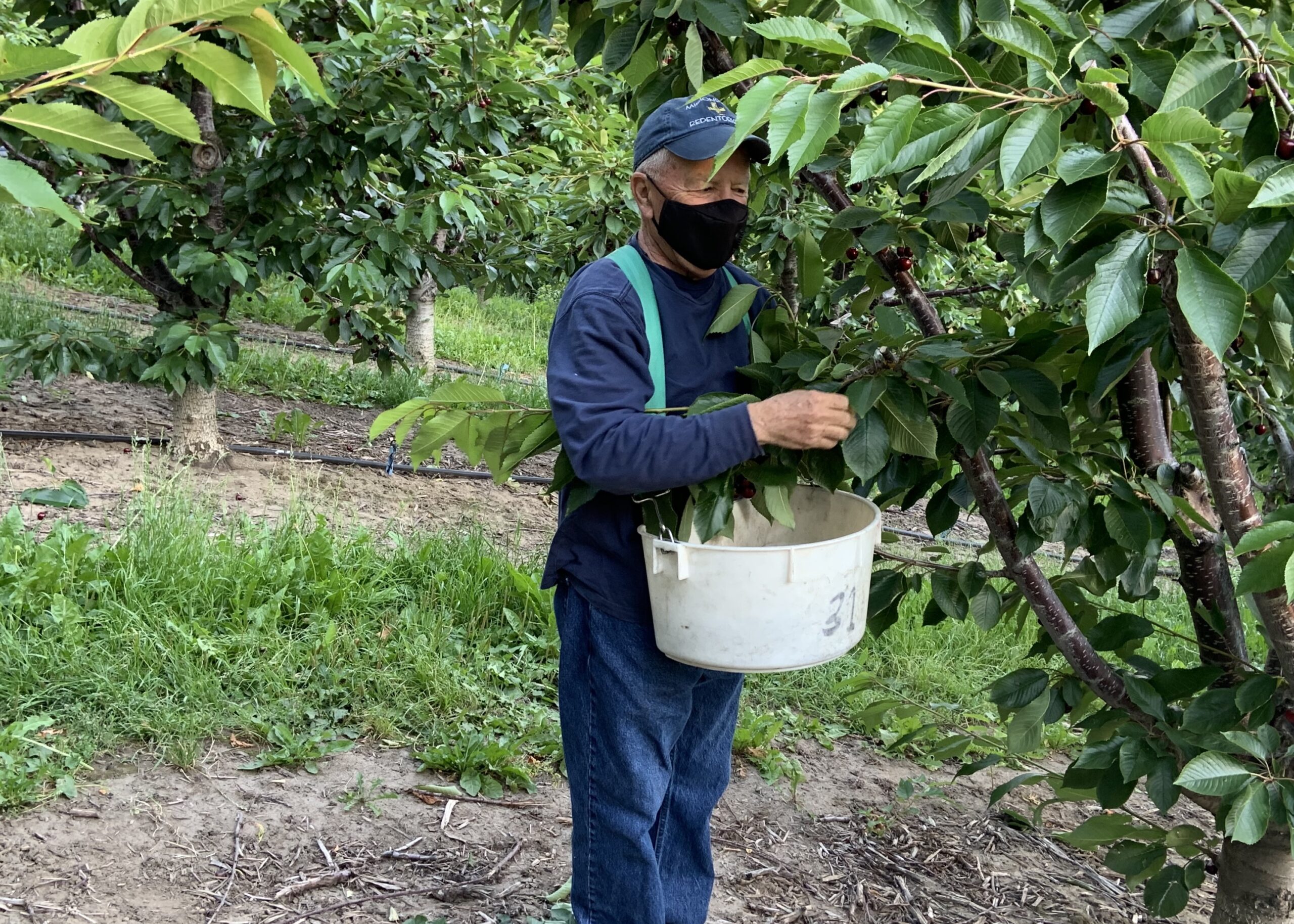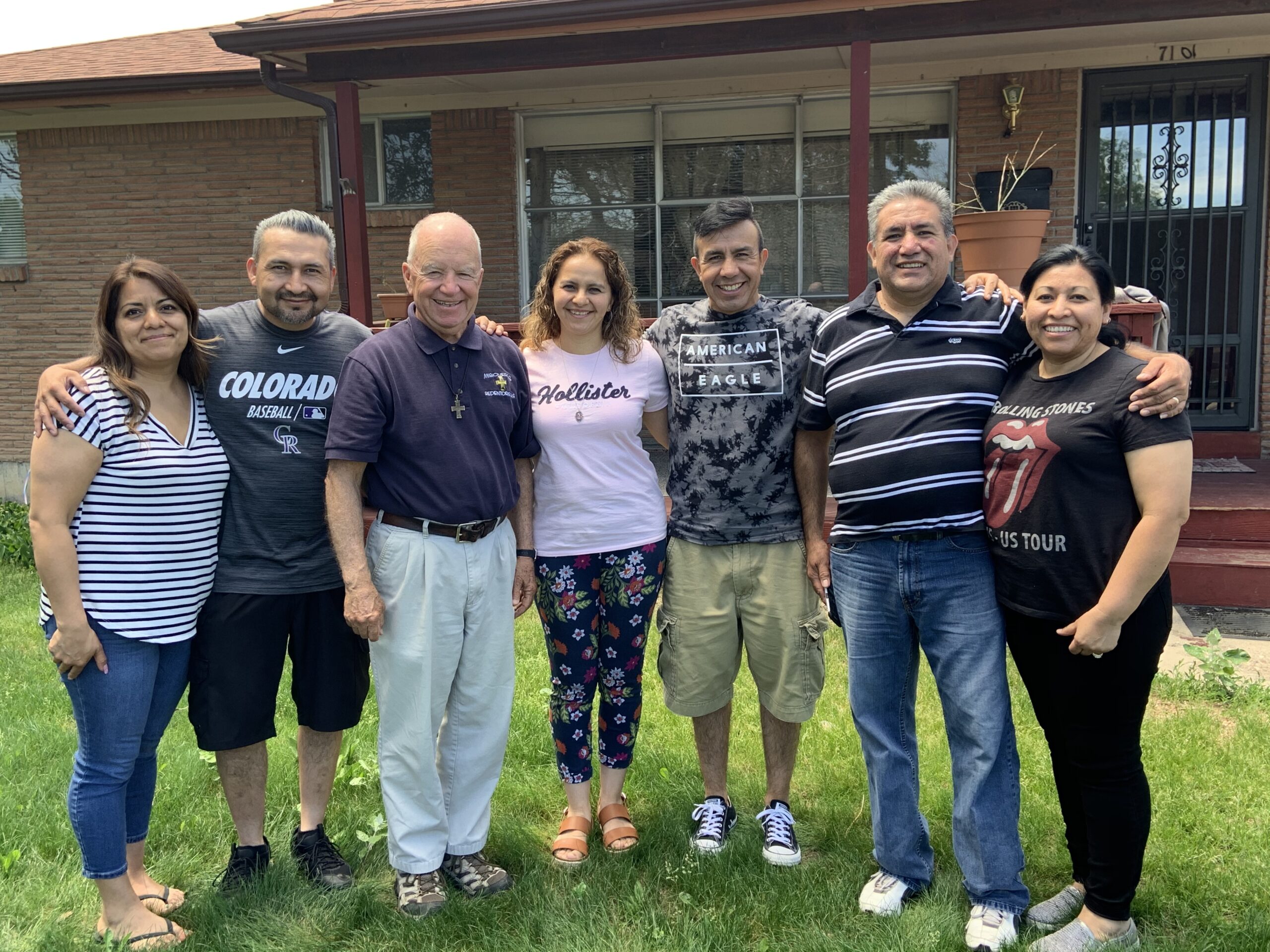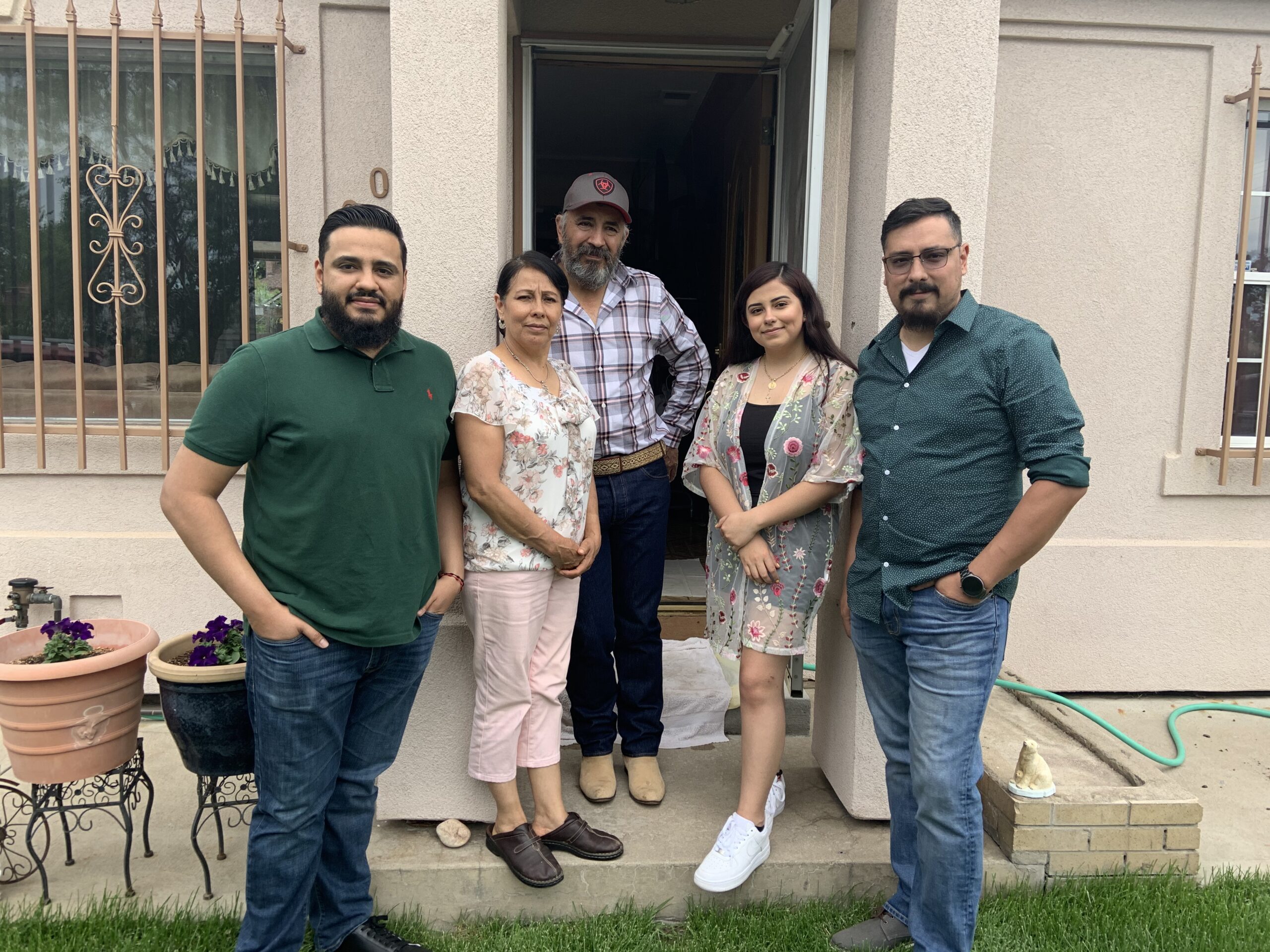Walk with my people in a crisis
“If you do not walk with my people.” What did Fr. Lopez mean, “walk with my people?” I didn’t really understand those words until I experienced the shock of mass deportation of migrants and immigrants, and the separation of children from their parents, on Tuesday, Dec. 12, 2006.[1] December 12 is the Feast of Our Lady of Guadalupe, the most venerated feast of Mexico. This was the day that Immigration Customs Enforcement chose to separate 1,500 children, most of them U.S. citizens, from their undocumented parents.
I was pastor of St. Anthony of Padua Parish in Liberal, KS. Liberal is a farming community that grew rapidly in the 1970’s and ’80’s, when large meat packing plants were built in Southwestern Kansas. There were beef plants in Liberal, Garden City and Dodge City. A pork processing plant was in Guyman, OK. In 2001, Redemptorists went to the Diocese of Dodge City to help in the development of Hispanic Ministry.
We had a vibrant Hispanic community in Liberal. The Feast of Our Lady of Guadalupe brought over 5,000 people to our various celebrations, beginning with a Serenata to the Virgin on the eve of the feast, Mañanitas and Mass before sunrise. All day long, dancers and musicians performed in the Church. In the late afternoon, we began to hear of immigration raids around the country, in six different states. The raids took place in meat packing plants including Cactus, Texas, about 100 miles away. Our Mass at six pm was not the joyful celebration of the Virgin that we ordinarily celebrated. There were sobs coming from various parts of the Church, as families heard of loved ones being taken captive in Cactus and in other meat packing communities. The next day, we organized donations of food and clothing to be taken to Sts. Peter and Paul parish in Dumas, TX. The following day changed me and my experience of Hispanic ministry.
Nearly 300 workers were arrested in the raid. Sts. Peter and Paul parish, and the principal and teachers of the Cactus schools were impressive in caring for the children and their families. Many of those arrested were deported immediately with no contact or information given to spouses or children. The government made no provisions for caring for the children. The school and the parish sent the children to their homes only if there was a parent not taken in the raid, or to the homes of relatives in the community. Still many children stayed at the church, and volunteers spent the night with about 80 children. On the second day after the raids, we arrived with food, clothes, blankets and diapers, and some cash donations to help. Parish volunteers told of a tragic story. The wife of one of the men, taken in the raid, received a call from her husband. He told her that ICE was in the plant and that he would probably be taken. He told her to go to the home of a relative for safety. As she hurried out of the house she fell and was badly injured. She was nine months pregnant. In the trauma she went into labor, and gave birth to her daughter that afternoon. The woman went into a coma. It was uncertain if she would survive. The baby was healthy and given to the aunt of the child. I was asked to hold the baby girl. As I held her, I wondered, what will happen to her. Her father was deported to Guatemala without knowing that his wife had given birth to their child. The mother was in the hospital in a coma. Three hundred children in that town lost contact with father or mother or both beginning that day.
On the following Sunday, I told people at Mass about what I saw. I broke down when I spoke about holding the infant. I could not finish the homily. I continued the Mass, but could not hold back my tears. Leaving the Church, several people handed me notes. Some of them were sympathetic to the victims of the raid, but four letters hurt. I was called names that I cannot repeat. I was told to leave, that I only cared about “those illegals.” It was difficult for me to continue in my ministry. Four weeks later, my provincial superior told me to take a sabbatical. He said, rest, play a little golf and don’t work for six months. Easiest obedience I will ever be given.
[1] Immigration Customs Enforcement (ICE) conducted raids on meatpacking plants in Minnesota, Iowa, Nebraska, Texas, Colorado and Utah at the same time on Dec. 12, 2006. Approximately 1,500 people were taken in the raid. Many were deported to Guatemala and Mexico without a hearing or the opportunity to receive legal counsel. Errors were common, as several who received expedited deportations were legally present in the U.S, including some U.S. citizens
(New Themes: I will add posts to ministry themes later. Below is an introduction to two new categories for posts on this website.)
Announcement about: New Categories for Padre Migrante Posts
At the end of the first week of posts introducing Padre Migrante, I posted a blog in English and Spanish each day. My theme was introductory, addressing “walking with my people.” My hope is that this website reaches three audiences: 1. church leaders, 2. people concerned about seeing Christ in the migrant, and most importantly, 3. migrants and immigrants. While many people in ministry may check into this website on computers, many will check into the site on smart phones or on tablets. Since tablets are in great use, especially for educational purposes in schools, I am going to format my future blogs directed at the tablet format. In that format, I can place the English and Spanish blog side by side.
My hope is that using the side by side translation may be helpful when preparing materials for catechesis, retreats and ministry training. It may be helpful in a special way with migrant families who may share the reflections, parents and children.
Two new categories will be offered this weekend and next week:
- Evangelization/Evangelización: Pope Francis said, “we must not fail to offer them (the poor) his friendship, his blessing, his word, the celebration of the sacraments) This category will include Sunday homilies and invitation to the celebration of the sacraments.
- Migrant Stories/Historias: From time to time, I will post stories about the people with whom I have walked and their faith. Often, I will use different names for the real people in the stories. At times, anonymity is necessary for vulnerable populations of the poor.
Anuncio sobre: Nuevas Categorías para Publicaciones de Padre Migrante
Al fin de la primera semana de publicaciones presentando al Padre Migrante, he publicado un blog en inglés y español todos los días. Mi tema fue introductorio y se dirigió a “caminar con mi pueblo”. Mi esperanza es que este sitio web llegue a tres públicos: 1. líderes de la iglesia, 2. personas preocupadas por ver a Cristo en los migrantes y, lo más importante, 3. migrantes e inmigrantes. Si bien muchas personas en el ministerio pueden ingresar a este sitio web en computadoras, muchos lo harán en teléfonos inteligentes o tabletas. Dado que las tabletas tienen un gran uso, especialmente con fines educativos en las escuelas, voy a formatear mis futuros blogs dirigidos al formato de tableta. En ese formato, puedo colocar el blog en inglés y en español uno al lado del otro.
Mi esperanza es que el uso de la traducción paralela pueda ser útil al preparar materiales para catequesis, retiros y capacitación ministerial. Puede ser útil de una manera especial con las familias migrantes que pueden compartir las reflexiones, padres e hijos.
Se ofrecerán dos nuevas categorías este fin de semana y la próxima semana:
- Evangelizatión/Evangelización: el Papa Francisco dijo, “no debemos dejar de ofrecerles (a los pobres) su amistad, su bendición, su palabra, la celebración de los sacramentos.” Esta categoría incluirá las homilías dominicales y la invitación a la celebración de los sacramentos.
- Historias de migrantes: De vez en cuando, publicaré historias sobre las personas con las que he caminado y su fe. A menudo, usaré diferentes nombres para las personas reales en las historias. A veces, el anonimato es necesario para las poblaciones vulnerables de los pobres.





